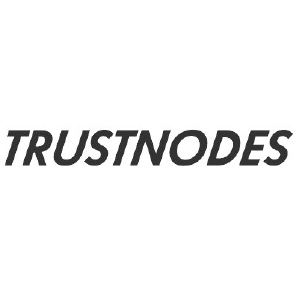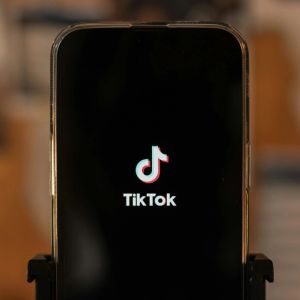Alphabet’s stock price shot up 8% late Tuesday after a federal judge ruled that Google can keep both its Chrome browser and its Android operating system, despite being found guilty last year of running an illegal monopoly in search. The surge followed Judge Amit Mehta’s decision to reject the U.S. Department of Justice’s demand to break up Google’s core tech products. According to CNBC, investors celebrated the ruling because the court backed away from the most aggressive penalties that were being considered. The DOJ had asked for extreme actions, including forcing Google to sell off Chrome, because of the way it links search behavior to ads. But Mehta said those proposals were too much. In his ruling, Mehta said: “Google will not be required to divest Chrome; nor will the court include a contingent divestiture of the Android operating system in the final judgment. Plaintiffs overreached in seeking forced divestiture of these key assets, which Google did not use to effect any illegal restraints.” Mehta also ordered both parties to meet and finalize the judgment by September 10. Judge orders limited restrictions on google, avoids full breakup The antitrust trial started in September 2023, and by August 2024, Mehta found that Google violated Section 2 of the Sherman Act, confirming it held monopoly power in search and related advertising. The focus of the DOJ’s case had changed from proving guilt to proposing what to do about it, and that’s where things got messy. The DOJ wanted Google to open up access to its search data, ban default search engine payments, and share what users click on across the web. Some of that made it into the ruling. Mehta ruled that Google must share certain datasets, including search index information and user interaction data. However, the company won’t be required to share any ads data. The court also said any data-sharing must be done “on ordinary commercial terms that are consistent with Google’s current syndication services,” which means Google won’t be giving away any trade secrets for free. In response, Google posted a blog saying: “Now the Court has imposed limits on how we distribute Google services, and will require us to share Search data with rivals. We have concerns about how these requirements will impact our users and their privacy, and we’re reviewing the decision closely. The Court did recognize that divesting Chrome and Android would have gone beyond the case’s focus on search distribution, and would have harmed consumers and our partners.” The Justice Department also pushed to stop Google from paying device makers to become the default search engine. One of the biggest targets? The multibillion-dollar deal with Apple, which puts Google as the default search engine on Safari across iPhones, iPads, and Macs. Mehta rejected that too. The court ruled that Alphabet can keep making those payments to Apple. This triggered a 3% spike in Apple’s stock in after-hours trading. Apple stays out of trial but benefits from ruling Even though Apple wasn’t a defendant in the case, its close relationship with Google became a central issue in the remedies discussion. If the court had ruled against the search payments, Apple would’ve had to rethink how Safari works, and that would’ve created a domino effect across the tech industry. Analysts have said it might take years for Apple to implement changes if that ever happens. For now, no changes are required. In testimony earlier this year, Eddy Cue, Apple’s senior vice president of services, defended the deal. Cue told the court that Apple chose Google because “it’s the best search engine,” and that the company is always looking for “the best tools for customers.” He also said Apple is considering new options, including adding AI search engines to future versions of its software, in case things shift down the line. Meanwhile, Google isn’t done fighting. The company said it plans to appeal the ruling, and legal analysts say any further trial over these remedies could last up to two years. After that, if appeals are exhausted, the Supreme Court could step in. So even though the ruling looks like a win for Google and Apple for now, the battle isn’t technically over. The DOJ also wanted the court to force Google to release more information about how it builds its search engine. That didn’t happen. Mehta agreed to make Google share some specific user and index data, but not everything. Most importantly, he refused to make Google share advertising-related data, which is the backbone of its money machine. Get up to $30,050 in trading rewards when you join Bybit today
 CRPT: While Bitcoin Leads, Operators Lag
CRPT: While Bitcoin Leads, Operators Lag Cramer: Buy Crypto
Cramer: Buy Crypto











